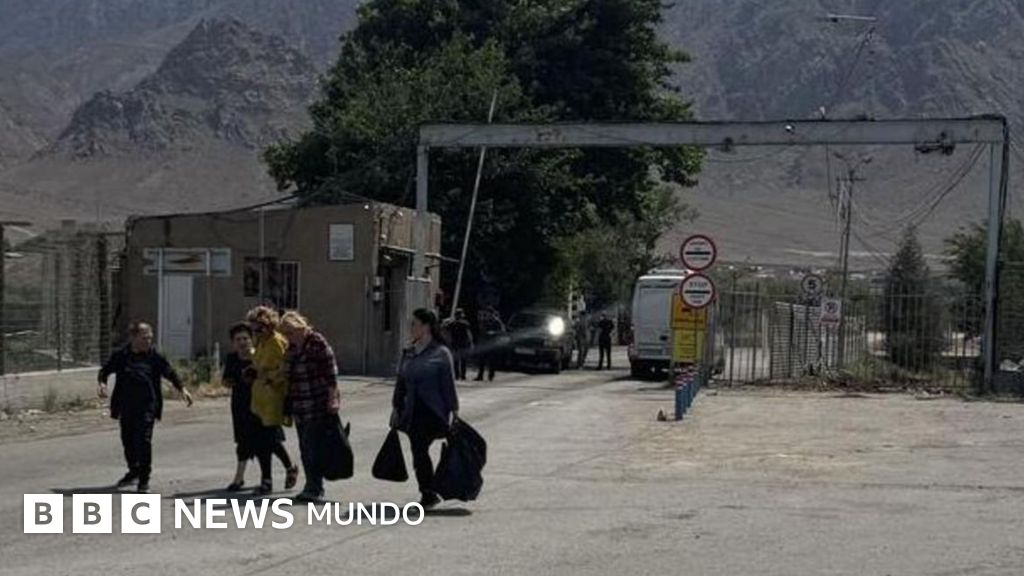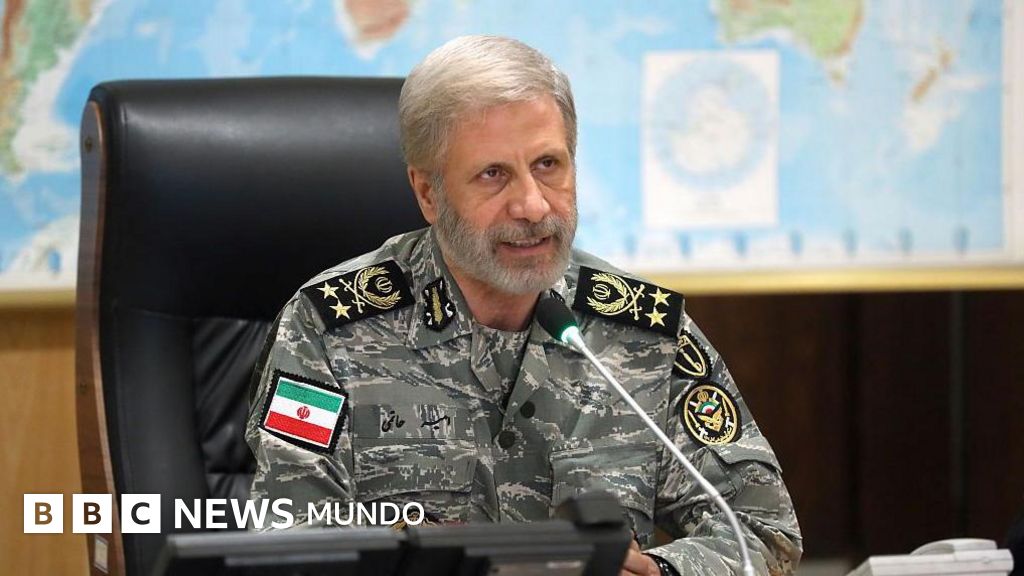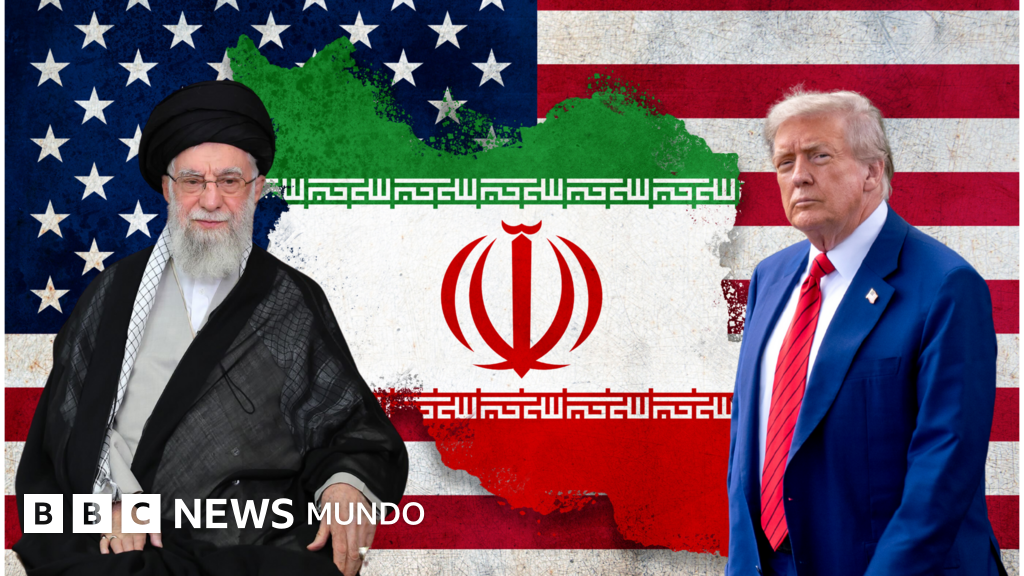-
- Author, Andrew Harding
- Author’s title, BBC News
“People want a regime change,” said an Iranian retiree named Mariam while collapsing in the back of a taxi with her husband.
The couple had just dragged their heavy suitcases by a bridge over the flow of the Caudaloso Río Aras, which marks the remote northern border of Iran with the small country of Armenia, in the region of southern Caucasus.
“I have walked a lot and I am tired. The mood in Iran is not very good, but not so bad either. Of course, people are worried, but life continues. Supermarkets, shops, banks, everything works.”
He added that Israel and the United States wanted “a regime change … but I don’t know if they will get it, or if religious fans (in Tehran) will remain firm. We’ll see.”
This border point offers a small window to Iran herself, at a time when the Internet service is interrupted and most foreign journalists are prohibited from entering the country.
However, it should be noted that many of the people who talked to us had dual nationality, with US passports, Germans and other nationalities. In that sense, they offer only a very partial image of the collective mood in Iran.
The people with whom we met, in general, supported the idea of a regime change, an idea raised by President Donald Trump after the United States announced that he attacked three Iranian nuclear facilities during the weekend.
However, Iranian leaders still have support in the country, and even among those who oppose them there are different opinions about the bombings of the United States and Israel.

“The time was over the regime”
In the crowded border crossing, gusts of warm and dusty winds rolled around the police, taxis and trucks that passed, while a constant flow of people on foot emerged from Iran, after a long fence guarded by vigilance towers.
In a very disputed Soviet era, Russian troops still patrol areas of the border. The crossing is surrounded by steep and arid mountains and, along the river, of a narrow strip of lush cultivation lands.
A Canadian diplomat, who was waiting to offer support to his fellow citizens, said he had told 80 people who arrived in an hour. Anecdotally, that figure seemed to be increasing on Monday, but did not constitute an exodus.

The vehicles circulated in both directions. Many of those who left refused to talk to us, claiming concern for the safety of their families within Iran.
Alenoosh, 63, who said he was born in Iran of Armenian parents, although he grew up in Paris, said he feels that “time was over the regime.”
“Everyone is afraid and are fed up with the regime,” he said. “In front of my house there were many bombings. Many people are in motion. There are traffic. They don’t know where to go, where to get safe.”
The members of a family of Canadians-Iraníes said they spent the night before at a resort on the shores of the Caspian Sea and described a convulsive, but extensive country, in which many areas seemed not to have been affected by the conflict.




